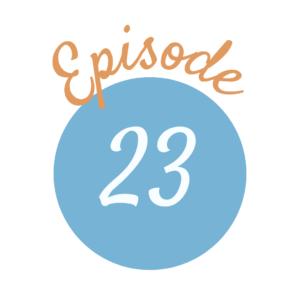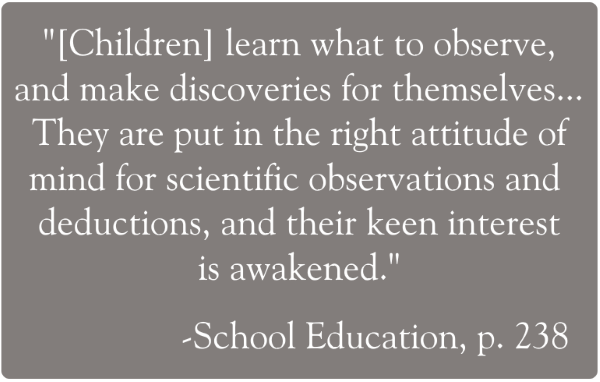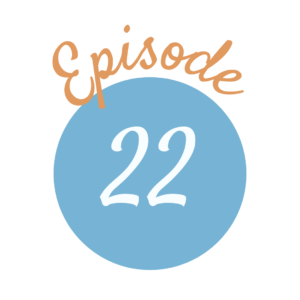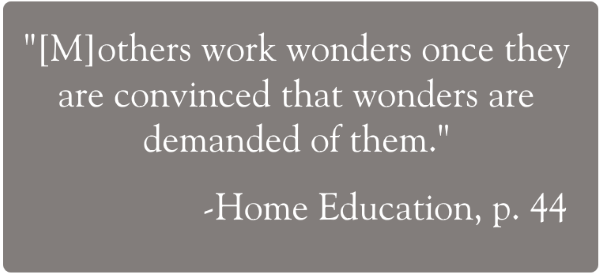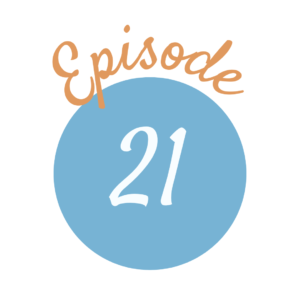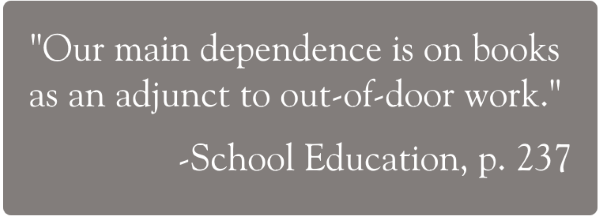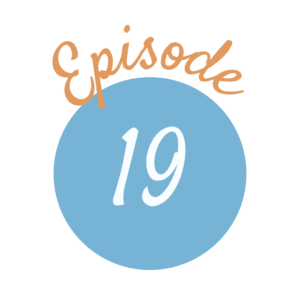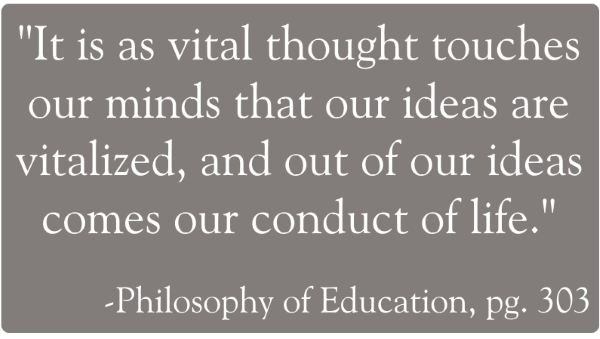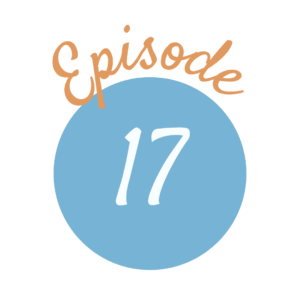
The Bible is the most authoritative and ancient of all books and Mason considered its lessons to be the supreme lesson, leading most directly to knowledge of God. This podcast explores why she was of this opinion, why we must not neglect its lessons, and how those lessons should be presented.
Listen Now:
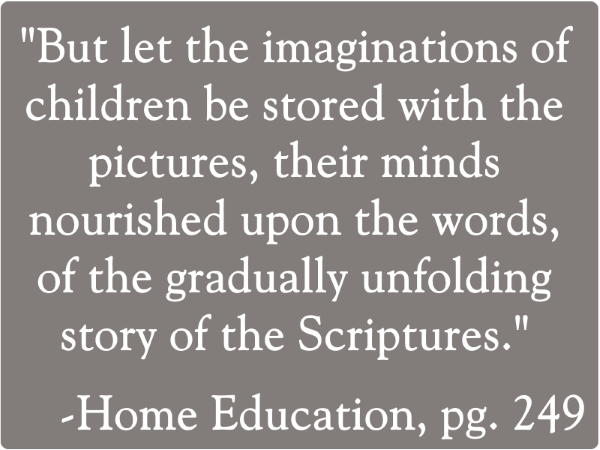

“Perhaps the main part of a child’s education should be concerned with the great human relationships. . . Before all these ranks Religion, including our relations of worship, loyalty, love and service to God; and next in order, perhaps, the intimate interpersonal relations implied in such terms as self-knowledge, self-control.” (Vol. 3, p. 234)
“The Bible is the chief lesson–“But we are considering, not the religious life of children, but their education by lessons; and their Bible lessons should help them to realise in early days that the knowledge of God is the principal knowledge, and, therefore, that their Bible lessons are their chief lessons.” (Vol. 1, p. 251)
“What is peculiar to the children in their nature and estate. ‘Of such is the kingdom of heaven.’ ‘Except ye become as little children ye shall in no case enter the kingdom of heaven.’ ‘Who is the greatest in the kingdom of heaven?’ ‘And He called a little child, and set him in the midst.’ Here is the Divine estimate of the child’s estate. It is worth while for parents to ponder every utterance in the Gospels about these children, divesting themselves of the notion that these sayings belong, in the first place, to the grown up people who have become as little children. What these profound sayings are, and how much they may mean, it is beyond us to discuss here; only they appear to cover far more than Wordsworth claims for the children in his sublimest reach “Trailing clouds of glory do we come From God, who is our home…. do no sort of injury to the children: Take heed that ye OFFEND not––DESPISE not––HINDER not––one of these little ones.” (Vol. 1, pg 12)
“The truth which interprets our own lives…” (Vol. 1, p. 251)
“But let the imaginations of children be stored with the pictures, their minds nourished upon the words, of the gradually unfolding story of the Scriptures, and they will come to look out upon a wide horizon within which persons and events take shape in their due place and due proportion. By degrees, they will see that the world is a stage whereon the goodness of God is continually striving with the willfulness of man; that some heroic men take sides with God; and that others, foolish and headstrong, oppose themselves to Him. The fire of enthusiasm will kindle in their breast, and the children, too, will take their side, without much exhortation, or any thought or talk of spiritual experience.” (Vol. 1, p. 249)
“But, here as elsewhere, the promises and threatenings of Bible will bear the searching light of inductive methods.” (Vol. 2, p. 21)
“The fact is, our religious life has suffered, and by-and-by our national character will suffer, through the discredit thrown upon the Bible by adverse critics. We rightly regard the Bible as the entire collection of our Sacred Books. We have absolutely nothing to teach but what we find written therein. But we no longer go to the Bible with the old confidence: our religion is fading into a sentiment not easy to impart; we wait until the young people shall conceive it for themselves. Meantime, we give them such æsthetic culture as should tend to develop those needs of the soul that find their satisfaction in worship. The whole superstructure of ‘liberal’ religious thought is miserably shaky and no wonder there is some shrinking from exposing it to the Ithuriel’s spear of the definite and searching young mind. For we love this flimsy habitation we have builded. It bears a shadowy resemblance to the old home of our souls, and we cling to it with a tender sentiment which the younger generation might not understand.” (Vol. 2, p. 96)
“It is well, by the way, that we should remember that we have as a nation an enormous loss to make good; time was, and not so long ago, when rich and poor were intimately familiar with one of the three great classical literatures. Men’s thoughts were coloured, their speech moulded, their conduct more or less governed, by the pastoral idylls called “Genesis,” the impassioned poetry of Isaiah, the divine philosophy of John, the rhetoric of Paul––all, writings, like the rest of the Bible, in what Matthew Arnold calls ‘the grand manner.’ Here is the well of English undefiled from which men have drawn the best that our literature holds, as well as their philosophy of life, their philosophy of history, and that principal knowledge we are practising to do without––the knowledge of God. And we wonder that the governing classes should forget how to rule as those who serve; and that the working man, brought up on “Readers” in lieu of a great literature, should act with the obstinate recklessness proper to ignorance.” (Vol. 6, pp. 309-310)
”That there is in the human breast an infallible sense of ‘ought’ is an error prolific of much evil.” The problem is that if we rely on ourselves or our culture’s norms to determine morality, then we can individually or collectively change our mind about what is right and what is wrong at any time. Instead, we must rely on God’s commands to determine right and wrong. Mason said, “To attempt to treat of morals without dealing with the sanctions of morality is to work from the circumference instead of from the center.” (Vol. 2, p. 103)
“To attempt to treat of morals without dealing with the sanctions of morality is to work from the circumference instead of from the center.” (Vol. 2, p. 103)
“The foundation of parental authority lies in the fact that parents hold office as deputies; and that in a two-fold sense. In the first place, they are the immediate and personally appointed deputies of the Almighty King, the sole Ruler of men; they have not only to fulfil his counsels regarding the children, but to represent his Person; his parents are as God to the little child; and, yet [a] more constraining thought, God is to him what his parents are; he has no power to conceive a greater and lovelier personality than that of the royal heads of his own home; he makes his first approach to the Infinite through them; they are measure for the highest; if the measure be easily his small compass, how shall he grow up with the reverent temper which is the condition of spiritual growth?” (Vol. 2, pp. 14-15)
“He should not be able to recall a time before the sweet stories of old filled his imagination; he should have heard the voice of the Lord God in the garden in the cool of the evening; should have been an awed spectator where the angels ascended and descended upon Jacob’s stony pillow; should have followed Christ through the cornfield on the Sabbath-day, and sat in the rows of the hungry multitudes––so long ago that such sacred scenes form the unconscious background of his thoughts. (Vol. 2, pp. 108-109)
“Their Bible lessons should help them to realize in early days that the knowledge of God is the principal knowledge, and therefore, that their Bible lessons are their chief lessons.” (Vol. 1, p. 251)
“Knowledge of God ranks first in importance, is indispensable, and most happy-making.” (Vol. 6, p. 158)

If you would like to study along with us, here are some passages from The Home Education Series and other Parent’s Review articles that would be helpful for this episode’s topic. You may also read the series online here, or get the free Kindle version from Fisher Academy.
Home Education (Volume 1), Part IV, Chapter 3
Parents and Children (Volume 2), Chapters 10 and 11
School Education (Volume 3), Chapter 13
Towards a Philosophy of Education (Volume 6), Chapter 10, Section I

Commentaries by Canon Paterson-Smyth
Emily’s post regarding Bible lesson details
Bible Passages Set for Recitations
